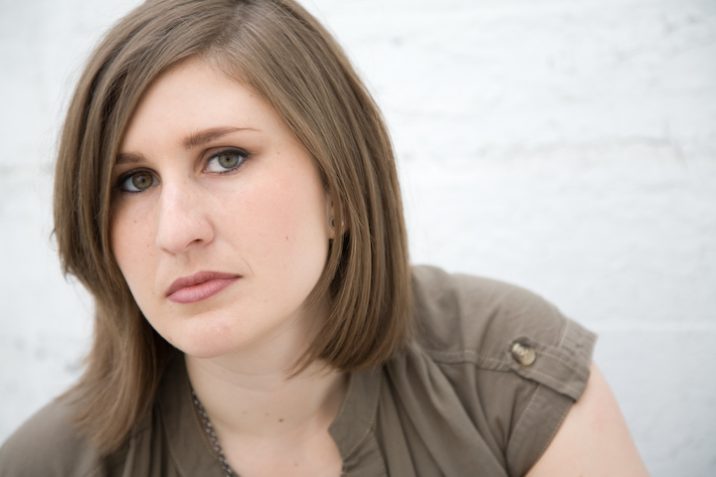Circadian rhythms govern almost every process in our bodies. Chronotherapy is the practice of giving medications in synchrony with these rhythms. For cancer chemotherapy, study after study has shown that paying attention timing makes a big difference. Patients receiving chemotherapy at the specified times had their tumors shrink faster and suffered from fewer side effects. In a few studies, patients receiving chemotherapy linked to circadian rhythms survived longer than those who received their drugs at any random time of day. Yet some 25 years after the first human trials, most oncologists still have never heard of chronotherapy. This is the story of why. From money to attitude problems, logistics to dogma, the tale of chronotherapy’s dance around the fringes of oncology has almost nothing to do with the science. Instead it is a story of a promising new therapeutic concept and how it must contend with the interests of drug companies, insurance providers and an overburdened medical system steeped in a culture famously resistant to change.
Cancer and the Clock: Chronotherapy’s Struggle for Legitimacy

Chronotherapy and how it must contend with the interests of drug companies, insurance providers and an overburdened medical system steeped in a culture famously resistant to change.




